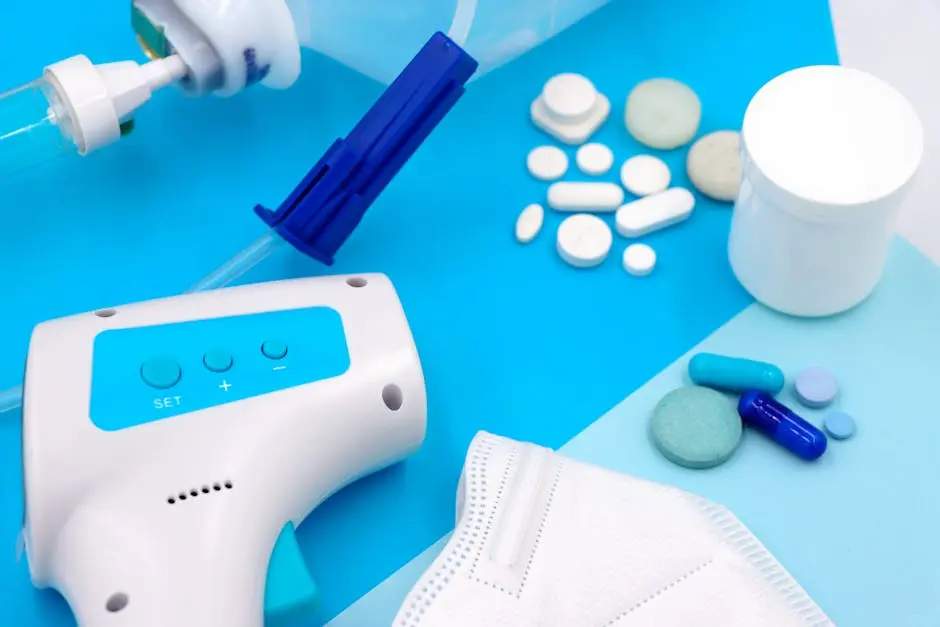Navigating the world of caffeine pills can be a bit overwhelming, especially with so many options available. Whether you’re looking for an energy boost during your workouts or need to stay alert during long work hours, finding the right caffeine pill can greatly enhance your daily routine. In this guide, you’ll discover practical tips to help you make an informed decision while ensuring your choice aligns with your unique lifestyle.
1. Understand Your Caffeine Tolerance
Before diving into options, it’s essential to know your body’s caffeine tolerance. This understanding will help you select the right dosage without overdoing it. Tolerance can vary significantly from person to person and is influenced by factors such as genetics, age, and how regularly you consume caffeine. For some, just a small amount can provide the desired effect, while others may need more to achieve the same boost. Taking a moment to reflect on your past experiences with caffeine can guide your pill selection.
When experimenting with caffeine pills, it’s wise to start with a lower dosage. This approach not only allows you to gauge your tolerance but also helps you avoid possible side effects, such as jitteriness or anxiety. Gradually increasing the dosage, if needed, can be a more manageable process.
2. Research Different Types of Caffeine Pills
Not all caffeine pills are created equal. Some are faster-acting, while others provide a sustained release. Fast-acting pills might be ideal for those moments when you need an immediate boost—like before a workout or during a long commute. In contrast, sustained-release options can be beneficial for prolonged tasks requiring focus, like studying for an exam or working on a project. Each type has its own unique advantages, so understanding the difference can greatly inform your decision.
Additionally, some brands advertise their caffeine pills as containing a unique blend of ingredients that might enhance the effects of caffeine. When considering your options, be sure to evaluate what else is included, as some might work synergistically with caffeine to enhance focus or energy.
3. Check the Ingredients List
Always take a careful look at the ingredient list. Some pills may include additional stimulants or fillers that might not be suitable for you. It’s crucial to know what’s in the product you’re consuming. Natural ingredients versus synthetic ones can make a big difference not only in effectiveness but also in your overall health. Pay special attention to added sugars, artificial colors, or preservatives that might not sit well with your body.
Furthermore, look out for allergens or substances that you might be sensitive to. If you’re unsure about certain ingredients, don’t hesitate to do a little research or consult with a healthcare professional for guidance.
4. Consider the Brand’s Reputation
Opt for reputable brands that prioritize quality and transparency. Reading customer reviews can provide insight into their effectiveness and safety. A reliable brand usually offers detailed information about sourcing and manufacturing processes, which can be a good indicator of the product’s quality. If a company is happy to share their testing results or certifications, that’s a positive sign.
Another key aspect to consider is how long the brand has been in the market. Established brands tend to have more experience and customer feedback to back their products. However, new companies may offer innovative formulations and unique benefits worth exploring.
5. Evaluate Your Lifestyle Needs
Your choice should align with your daily activities. Are you looking for something to boost your workout or help you stay awake for long study sessions? Understanding which scenarios you want to address with a caffeine pill will help narrow down your options. If you’re an athlete, you might benefit from pills designed specifically for pre-workout energy, which could include additional ingredients like electrolytes.
On the other hand, if you’re a full-time professional who needs to power through meetings and deadlines, a pill that offers sustained energy without jitters may be more suitable. Tailoring your choice to your lifestyle ensures that the caffeine pill will fit seamlessly into your daily routine.
6. Understand the Dosage Instructions
Follow dosage instructions carefully. Taking too much caffeine can lead to unwanted side effects, so it’s crucial to stick to recommended amounts. A good practice is to familiarize yourself with standard caffeine dosages; for example, most caffeine pills provide 100-200 mg per serving, which is generally safe for most adults.
Also, consider how caffeine fits into your overall intake for the day. If you’re drinking coffee, tea, or consuming other caffeinated products, factor those into your total. Keeping a record of your consumption can lead to better decisions.
7. Consider Timing for Maximum Effect
Timing your caffeine intake can maximize its effects. Taking it strategically around your activities can help enhance your performance. For instance, consuming a caffeine pill approximately 30 minutes before a workout can increase endurance and performance. This pre-emptive strategy can allow you to get the most out of your time in the gym or during a run.
Additionally, if you’re using caffeine to stay alert for a late-night study session, timed intake can help you fight off fatigue. Just remember that everyone metabolizes caffeine differently, so monitor your performance and adjust as necessary.
8. Think About Your Sensitivity to Caffeine
If you’re sensitive to caffeine, look for lower dosages or products designed for caffeine-sensitive individuals. Your comfort should be a priority. Some people may experience side effects like rapid heartbeat or insomnia even with small amounts, making it essential to adjust based on personal tolerance.
In fact, if you find your normal caffeine sources already give you jitters or anxiety, it’s perhaps better to explore alternatives to traditional caffeine pills. There are several formulations available, some that include calming ingredients combined with caffeine to diminish anxious feelings while still providing energy.
9. Look for Natural vs. Synthetic Caffeine
Some prefer natural caffeine sources like green tea extracts over synthetic options. Explore what suits your preferences and values. Natural caffeine often comes with additional health benefits—such as antioxidants—while synthetic caffeine tends to be purely about the energy boost.
However, synthetic caffeine can be just as effective and might provide faster results. Consider what’s more appealing for your needs and whether there are natural alternatives that offer the same impact you’re looking for.
10. Explore Combining Caffeine with Other Supplements
Certain supplements can complement caffeine, such as L-theanine for enhanced focus. Research how combinations affect you. The synergy created by combining these substances can yield better mental clarity without the jittery feeling some experience with caffeine alone.
Additionally, other supplements like B vitamins or electrolytes can help support energy metabolism and hydration, making them excellent companions to your caffeine intake. These combinations can particularly enhance your workout performance or overall energy levels.
11. Listen to Your Body’s Reactions
It’s essential to pay attention to how your body reacts after taking a caffeine pill. Adjust your choice based on your experiences. Keeping a simple journal detailing when you took the pill, how you felt afterward, and any side effects observed can help track what works best for you.
This practice of being in tune with your body can lead to a more beneficial and personalized caffeine experience, allowing you to adjust your intake to when it suits you best. Remember, everyone has different reactions to caffeine, and there’s no one-size-fits-all approach.
12. Stay Informed About Health Guidelines
Keep up with health guidelines regarding caffeine intake. This awareness can help you manage your use and maintain a healthy balance. The general consensus is that up to 400 mg of caffeine per day is considered safe for most adults, but factors like pregnancy or underlying health conditions can change those recommendations.
Additionally, educating yourself about new studies and findings can empower you to make more informed choices. Not only does it enhance your understanding, but it can also foster better overall health and wellness as you progress with your caffeine usage.



